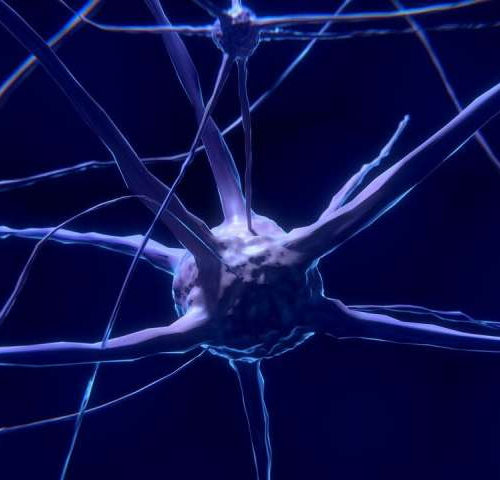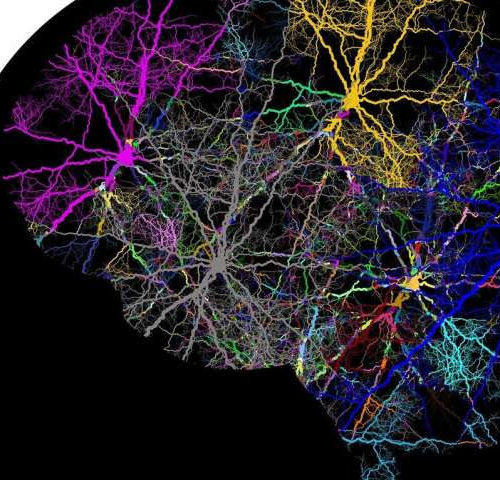by University of Oxford Brain cortex may regulate the need for sleep. Credit: Shutterstock Researchers at the University of Oxford have now uncovered a new target for sleep investigations within the mammalian brain—the cerebral cortex. The paper was published today in Nature Neuroscience. The cerebral cortex makes up about 80% of the brain’s volume and is responsible...
Tag: <span>brain cortex</span>
Team makes breakthrough discovery on brain cortex functionality
by Lauren Moriarty, University of Texas at San Antonio A team of researchers from UTSA’s Neurosciences Institute is challenging the historical belief that the organization of the cortical circuit of GABAergic neurons is exclusively local. UTSA College of Sciences researchers Alice Bertero, Hector Zurita and Marc Normandin and biology associate professor Alfonso Junior Apicella collaborated on the research project. In the past,...
Aging memories may not be ‘worse,’ just ‘different’
by Brandie Jefferson, Washington University in St. Louis “Older adults might be representing events in different ways, and transitions might be picked up differently than, say, a 20-year-old,” said Zachariah Reagh, assistant professor of psychological and brain sciences in Arts & Sciences. Reagh looked at fMRI images to study memory differences in different age groups....
Study finds that special filters in glasses can help the color blind see colors better
Effect persists even when glasses are not worn UNIVERSITY OF CALIFORNIA – DAVIS HEALTH JOHN S. WERNER OF UC DAVIS HEALTH HAS LED A STUDY OF GLASSES WITH SPECIAL FILTERS DESIGNED TO ADDRESS COLORBLINDNESS. view more CREDIT: UC REGENTS / UC DAVIS HEALTH A new UC Davis Eye Center study, conducted in collaboration with France’s...
Girls more negatively affected by pot than boys
Early use of cannabis affects the working memory of adolescents, but its deleterious effect is more pronounced in girls, posing a risk to their academic success as well as to their memory when they reach adulthood. These are the findings of a study conducted by Sima Noorbakhsh of the CHU Sainte-Justine Research Centre, under the...
Sniffing out smell
ew study reveals how the brain organizes information about odors HARVARD MEDICAL SCHOOL The premiere of the movie Scent of Mystery in 1960 marked a singular event in the annals of cinema: the first, and last, motion picture debut “in glorious Smell-O-Vision.” Hoping to wow moviegoers with a dynamic olfactory experience alongside the familiar spectacles...
Study identifies pathways between memory and decisions
by Cedars-Sinai Medical Center New research from Cedars-Sinai has identified the pathways of neurons that help people retrieve information from memories and use that information to make decisions—a discovery that may aid development of future treatments for memory disorders that accompany certain conditions, like schizophrenia and Alzheimer’s disease. The research, led by Ueli Rutishauser, Ph.D.,...
Our brain-computer interfacing technology uses music to make people happy
by Ian Daly, Eduardo R. Miranda And Slawomir Nasuto, The Conversation Whether it’s the music that was playing on the radio when you met your partner or the first song your baby daughter smiled to, for many of us, music is a core part of life. And it’s no wonder—there is considerable scientific evidence that foetuses experience sounds while in the womb,...
Waking up is hard to do: Prefrontal cortex implicated in consciousness
Philosophers have pondered the nature of consciousness for thousands of years. In the 21st century, the debate over how the brain gives rise to our everyday experience continues to puzzle scientists. To help, researchers in the University of Michigan Medical School Center for Consciousness Science are working to identify areas of the brain that help us wake...






